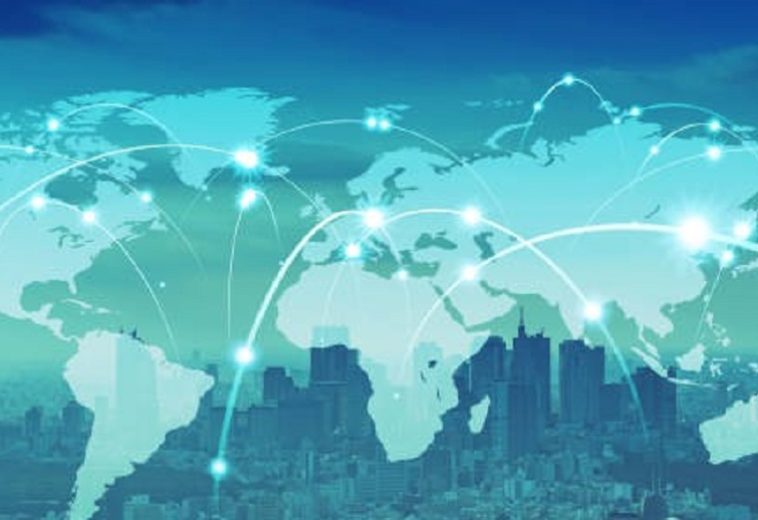From gender-based violence to economic inequality, the barriers hindering the progress of African women are deeply entrenched. The continent faces a daunting array of gender inequalities. Statistics paint a glaring picture of the challenges women and girls encounter: one in three women in Africa experiences physical or sexual violence in her lifetime; economically, women earn significantly less than men and have limited access to economic opportunities; in reproductive health, maternal mortality rates remain high, and access to contraception is often restricted; and politically, women hold a disproportionately small number of leadership positions in government. This is where the Equality Action Fund (EAF) emerges as a beacon of hope, working tirelessly to dismantle these barriers and create a more equitable society.
According to UN Women, “The Fund for Gender Equality (FGE) has one guiding purpose: to support national, women-led civil society organisations in achieving women’s economic and political empowerment and the Sustainable Development Goals (SDGs).” The Equality Action Fund is a strategic initiative dedicated to advancing gender equality and women’s rights in Africa. Through its grantmaking, capacity building, and advocacy efforts, the EAF supports organisations working on a wide range of issues, including:
Empowerment Through Economic Inclusion:
The EAF prioritises initiatives that provide women with the skills, resources, and opportunities needed to participate fully in the economy. This includes access to finance, entrepreneurship training, and support for women-led businesses.
Advocacy for Policy Change:
Recognising that systemic change requires government support, the EAF works to influence policy at national and regional levels. This includes advocating for laws that protect women’s rights, promote gender equality, and ensure equal access to education, healthcare, and employment.
Support for Education:
The EAF funds programmes that focus on increasing access to quality education for girls and young women. This includes scholarships, school infrastructure improvements, and initiatives to combat cultural practices that prevent girls from attending school.
Health and Well-being:
The EAF supports initiatives that address health disparities, particularly in maternal and reproductive health. This includes funding for clinics, health education programmes, and access to essential healthcare services.
Grassroots Engagement:
Understanding that sustainable change must be community-driven, the EAF partners with local organisations that have deep ties to their communities. These partnerships ensure that initiatives are culturally relevant and have a lasting impact.
Why the Equality Action Fund in Africa Matters
Since its inception, the Equality Action Fund has made significant strides in addressing inequality across Africa.
Economic Empowerment
The Equality Action Fund (EAF) has played a crucial role in addressing inequality in Africa by focusing on economic empowerment, education, health, and advocacy. The EAF has provided financial support and training to thousands of women entrepreneurs. For instance, in Kenya, it partnered with local microfinance institutions to offer low-interest loans to women in rural areas. In Ghana, the EAF supported a women’s cooperative that produces shea butter, resulting in a 50% increase in their income. The African Development Bank (AfDB) has recognised the importance of these initiatives, stating that investing in women’s economic empowerment is not only right but also smart. These efforts have led to improved living standards for women and marginalised groups.
Education and Capacity Building
The EAF has significantly impacted education by funding scholarships for girls in countries like Nigeria, Uganda, and Malawi. In Uganda, the EAF partnered with a local NGO to provide scholarships to 500 girls from disadvantaged backgrounds, covering tuition, books, uniforms, and other school-related expenses. The EAF has also supported initiatives to improve the quality of education in African schools, such as building and equipping science laboratories in 20 secondary schools in Rwanda. This investment has increased interest in STEM subjects among female students and improved their academic performance, with a 30% rise in girls passing science exams. Dr Phumzile Mlambo-Ngcuka, former Executive Director of UN Women, emphasised the importance of education in achieving gender equality, stating, “Education is the foundation for gender equality. When girls are educated, they are empowered to make choices about their lives, their health, and their futures.”
Health and Well-being
The Equality Action Fund has been instrumental in improving health outcomes for women and marginalised communities in Africa. In Ethiopia, the EAF funded a maternal health project that resulted in a 25% reduction in maternal mortality. In South Africa, the EAF partnered with local NGOs to provide comprehensive sexual and reproductive health education to over 50,000 young women, reducing teenage pregnancies and increasing their knowledge of reproductive health. The World Health Organisation (WHO) emphasises the importance of these initiatives for gender equality and empowering women and girls, noting that “Improving access to maternal and reproductive health services is critical to achieving gender equality and empowering women and girls.”
Advocacy and Policy Change
The Equality Action Fund is actively working to change policies and cultural norms that perpetuate inequality in Africa. In Tanzania, the EAF supported a campaign to increase the legal age of marriage for girls from 14 to 18, reducing child marriages and allowing more girls to complete their education. In Nigeria, the EAF supported a campaign to adopt a national policy on gender equality in employment, mandating equal pay for equal work, prohibiting gender-based discrimination, and requiring companies to prevent sexual harassment. The United Nations Development Programme (UNDP) acknowledges the importance of policy advocacy in achieving gender equality, stating, “Laws and policies that promote gender equality are essential to creating a more just and equitable society.”
READ ALSO: Dissecting Key Solutions to African Women’s Health Issues
Addressing Inequality Across the Continent
The Equality Action Fund in Africa has the potential to significantly address inequality across the continent. To achieve this, the EAF will need to expand its initiatives to more countries and communities, requiring increased funding and stronger partnerships with local organisations, governments, and international donors. This will ensure that a larger number of women and marginalised groups benefit from the EAF’s initiatives.
Addressing underlying cultural norms and practices that perpetuate inequality will require targeted advocacy and awareness-raising campaigns that challenge traditional gender roles and promote gender equality. Engaging men and boys in these efforts is crucial, as they play a key role in shaping cultural attitudes and behaviours.
The EAF will also need to continue to innovate and adapt its initiatives to meet the evolving needs of African communities. This could involve leveraging new technologies, such as mobile banking and e-learning platforms, to increase access to financial services and education in remote areas. Additionally, developing new partnerships with the private sector will create more opportunities for women in high-growth industries like technology and renewable energy.




